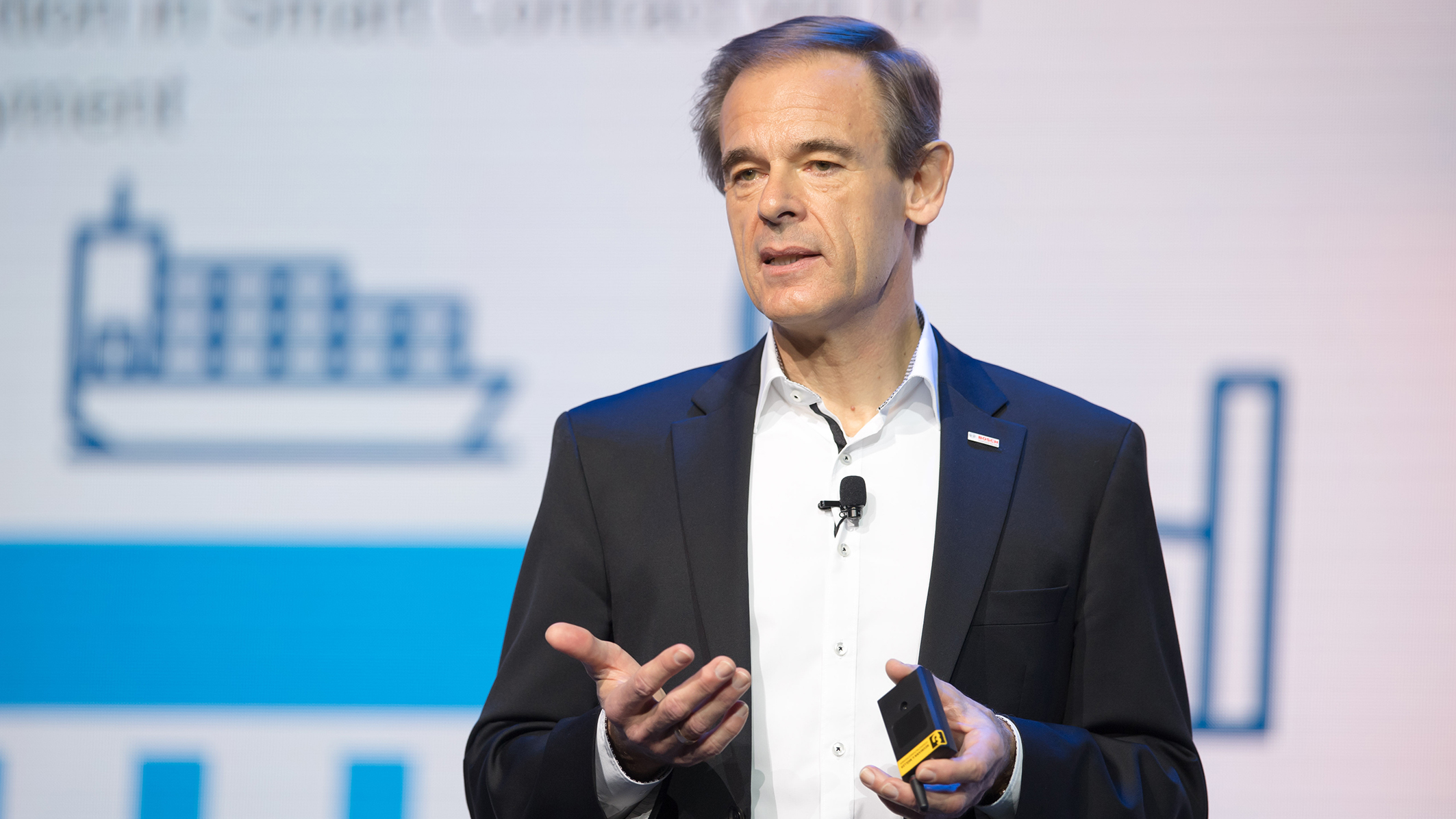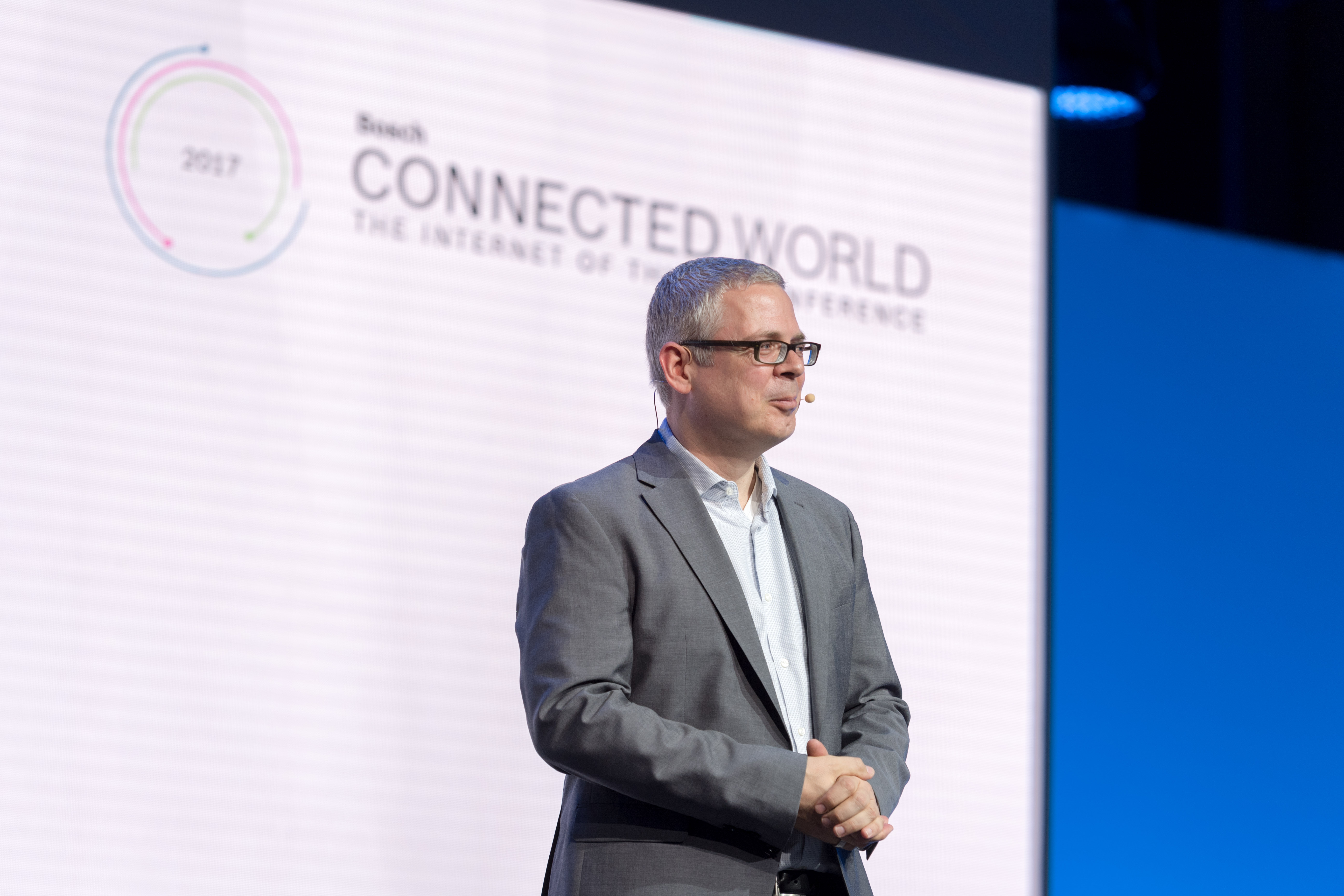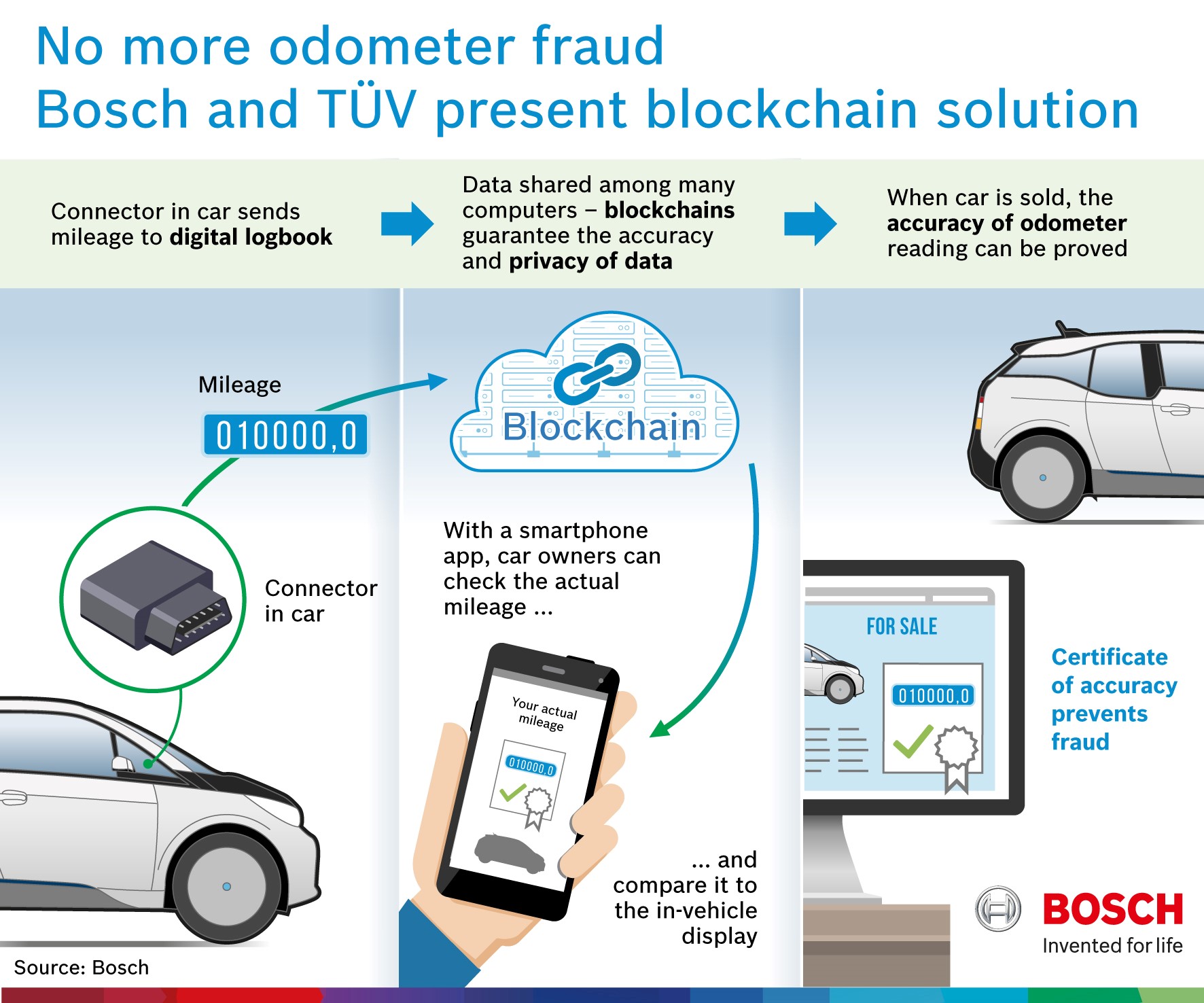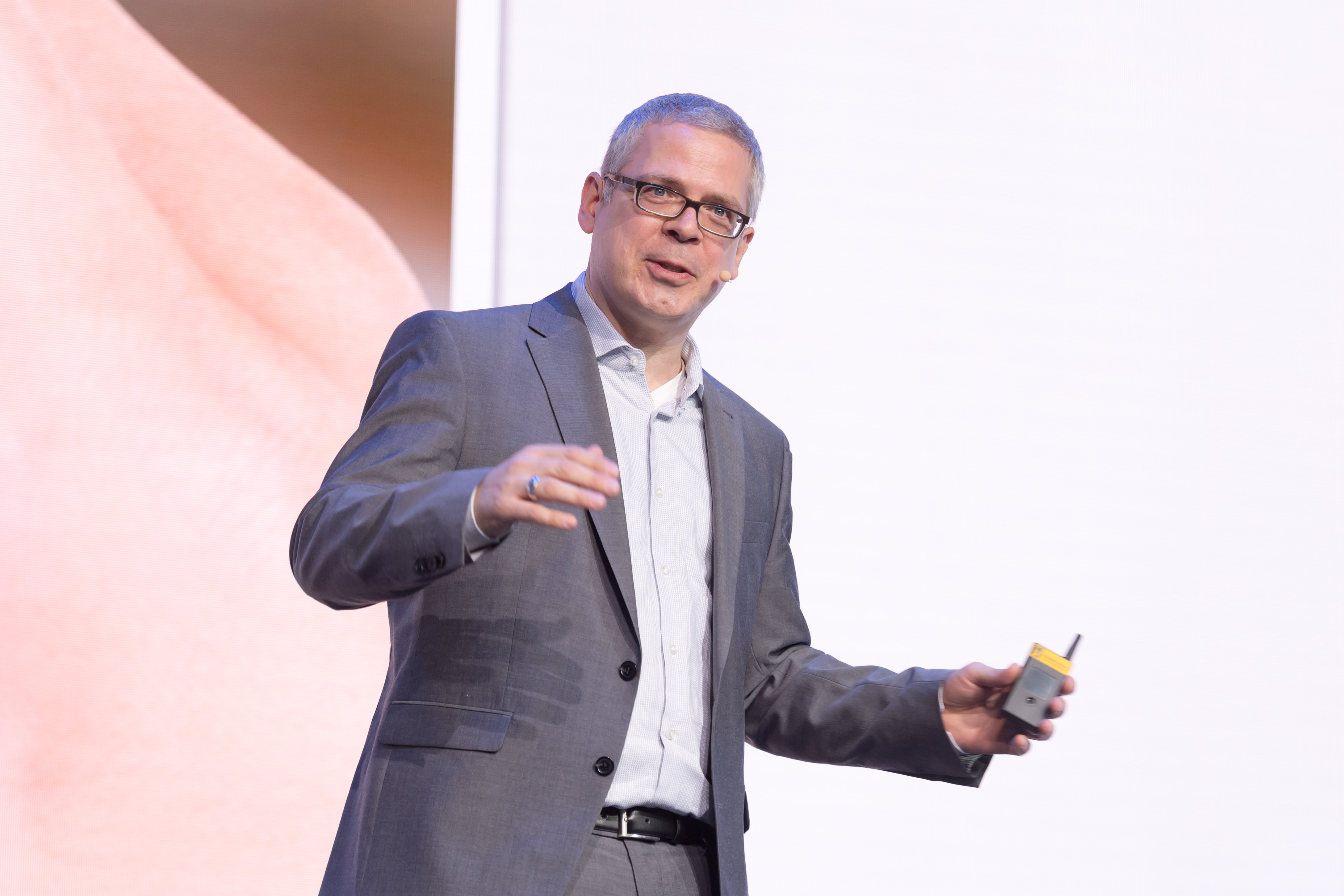Santa Clara, CA / Stuttgart, Germany – More transparency, security, and efficiency: These are the aims of the Trusted IoT Alliance, a new alliance for blockchain and related technologies that Bosch has set up with international partners. The internet of things, or IoT, is a network comprising billions of web-enabled devices. Even now, these devices are everyday companions: cars help their drivers find a parking space, homes report to their owners if a window has been left open, and fields send farmers updates about soil temperature. With these devices becoming increasingly prevalent, it is all the more relevant to continuously improve the security of IoT devices (against hacking, for example) and increase users’ trust in IoT solutions. The alliance plans to develop uniform standards that help achieve these objectives.
“For us, blockchain and its related technologies are strategically very important,” said the Bosch CEO Dr. Volkmar Denner at the official launch of the Trusted IoT Alliance on Tuesday. A blockchain is based on a kind of decentralized database, which distributes information entered into it across thousands of computers. This makes data and data exchange in general thus more secure. In addition, users are less dependent on computing centers of major platform providers.
Cars, machines, and drones securely exchange data
Denner listed some of the opportunities provided by blockchain: “Without outside intervention, blockchain and technologically similar approaches allow data to be exchanged securely between online users, agreements and contracts to be concluded with enhanced privacy, and payments to be effected securely. Together with our partners, we at Bosch will make new solutions ready for the market, and in this way help the IoT become more successful.” The alliance believes the technology can be used to securely identify and connect objects – from cars, production lines, to packages and electricity meters. The automation of business processes also offers further potential.
From barcode to blockchain
The development of a standard blockchain protocols for the IoT can be seen as the next stage in the history of a technology that started with the barcode, the first digital product identifier. In retailing and manufacturing, the barcode led to huge improvements, such as faster payments at the checkout and the faster identification of goods. But the barcode also involves security risks. Today, there are counterfeit products worth trillions of dollars in circulation. As a secure identification system that is open and interoperable, blockchain will have a similar revolutionary effect as the barcode did.
How will Bosch use blockchain?
Bosch is already researching many possible applications. One project at an advanced stage concerns odometer fraud in motor vehicles. In this project, a car regularly sends its odometer reading to a secure distributed database that is accessible worldwide. A digital certificate verifies that the data is authentic. Only the vehicle owner can read the data, which is always encrypted before it is sent. In addition, it makes sense to use blockchain in the manufacturing industry, and above all in supply chain logistics, where cryptographic signatures can be used to confirm the identity of objects at every stage of the transport and after-sales process. The benefits are better quality and efficiency, and lower costs.
Alliance aims to increase its membership
The alliance’s current operating board also includes a Bosch representative in the shape of Dirk Slama, the chief alliance officer of Bosch Software Innovations. All in all, some 20 established companies and start-ups have joined together to set up the Trusted IoT Alliance. The alliance is open to new members. At its regular conferences, companies, software developers, and providers of blockchain and related technologies can meet to share insights. For a list of the founding members and other information, go to: https://www.trustediot.org/
Fact sheet: “Five questions about blockchain”
About Bosch
The Bosch Group is a leading global supplier of technology and services. It employs roughly 400,500 associates worldwide (as of December 31, 2017). According to preliminary figures, the company generated sales of 78 billion euros in 2017. Its operations are divided into four business sectors: Mobility Solutions, Industrial Technology, Consumer Goods, and Energy and Building Technology. As a leading IoT company, Bosch offers innovative solutions for smart homes, smart cities, connected mobility, and connected industry. It uses its expertise in sensor technology, software, and services, as well as its own IoT cloud, to offer its customers connected, cross-domain solutions from a single source. The Bosch Group’s strategic objective is to create solutions for a connected life, and to improve quality of life worldwide with products and services that are innovative and spark enthusiasm. In short, Bosch creates technology that is “Invented for life.” The Bosch Group comprises Robert Bosch GmbH and its roughly 450 subsidiaries and regional companies in some 60 countries. Including sales and service partners, Bosch’s global manufacturing, engineering, and sales network covers nearly every country in the world. The basis for the company’s future growth is its innovative strength. At 125 locations across the globe, Bosch employs 62,500 associates in research and development.
The company was set up in Stuttgart in 1886 by Robert Bosch (1861-1942) as “Workshop for Precision Mechanics and Electrical Engineering.” The special ownership structure of Robert Bosch GmbH guarantees the entrepreneurial freedom of the Bosch Group, making it possible for the company to plan over the long term and to undertake significant up-front investments in the safeguarding of its future. Ninety-two percent of the share capital of Robert Bosch GmbH is held by Robert Bosch Stiftung GmbH, a charitable foundation. The majority of voting rights are held by Robert Bosch Industrietreuhand KG, an industrial trust. The entrepreneurial ownership functions are carried out by the trust. The remaining shares are held by the Bosch family and by Robert Bosch GmbH.
Additional information is available online at www.bosch.com, iot.bosch.com,www.bosch-press.com, www.twitter.com/BoschPresse








